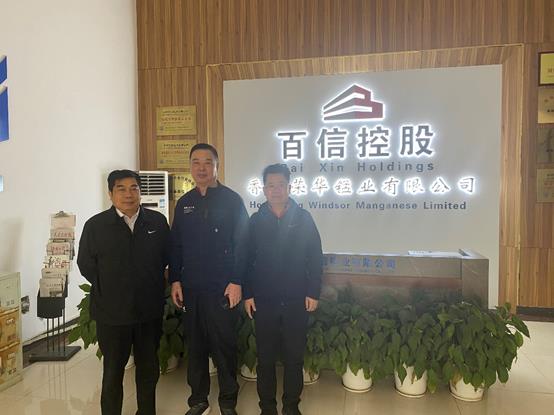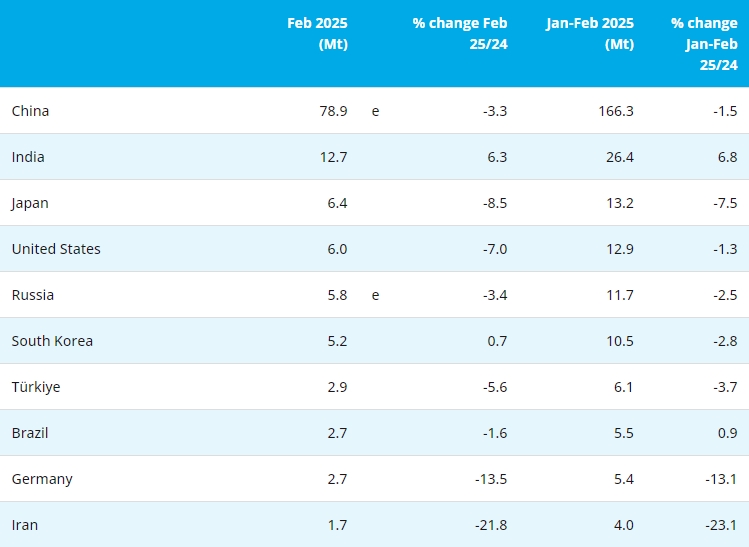[Ferro-Alloys.com] Some Japanese steelmakers have started asking suppliers of ferroalloys, especially ferrosilicon, to provide chemical analysis certificates upon delivering material, Japanese traders said on Jul 25th.
Some mills may have received off-specification ferrosilicon, possibly due to Chinese metal exported to Japan from Vietnam or Hong Kong in order to evade China's 25% export tax, traders said.
In the third ten-day of July, one electric arc furnace operator asked local traders delivering ferrosilicon after September to submit a third-party document to verify that the material contains at least 75% silicon, two Japanese traders said.
The mill is believed to have received ferrosilicon that did not meet the specification, traders said. It uses 200-300 mt/month of ferrosilicon. But the mill declined to comment.
Traders said the mill is asking suppliers to provide an independent analysis of silicon content but not the content of aluminum, iron and other elements in the ferrosilicon.
They estimated such testing and documentation would cost an additional Yen 30,000 ($295) for one ferrosilicon lot of several container loads.
A third Japanese trader said he has heard a case where the ferrosilicon or silicon manganese that should have been packed in 1-mt big bags arrived packed like coking coal.
He said increasing number of Japanese mills are asking for third-party inspection documents across raw material types, to save time and management cost.
"Chemical analysis takes one week," he said. "That means the mills need to wait one week until the analysis results are out. And if the in-house results showed that the material failed the standard, there is loss of labor, shipping back the material or negotiating with the seller about payment."
Most Japanese mills inspect ferroalloy quality themselves, however, said sources at electric arc furnace operators.
"We conduct random quality and price checks on a regular basis for all raw material," said one mill source.
A second mill source said: "Ferrosilicon is not the main raw material, so we do not conduct checks as regularly as we do with ferrochrome, which is more important for stainless steel. We do ferrochrome quality inspection in-house also."
- [Editor:Yueleilei]



 Save
Save Print
Print Daily News
Daily News Research
Research Magazine
Magazine Company Database
Company Database Customized Database
Customized Database Conferences
Conferences Advertisement
Advertisement Trade
Trade














 Online inquiry
Online inquiry Contact
Contact

Tell Us What You Think